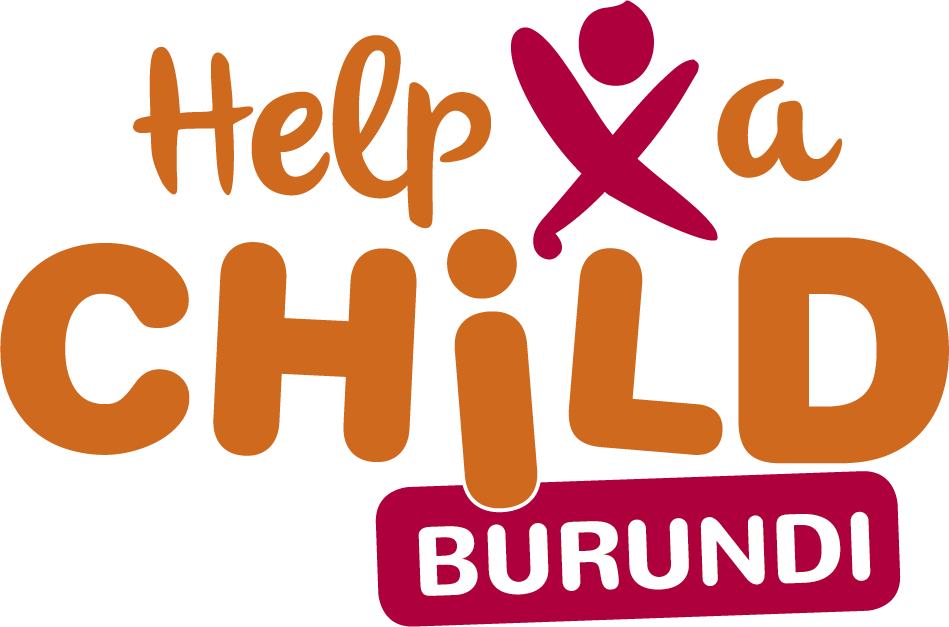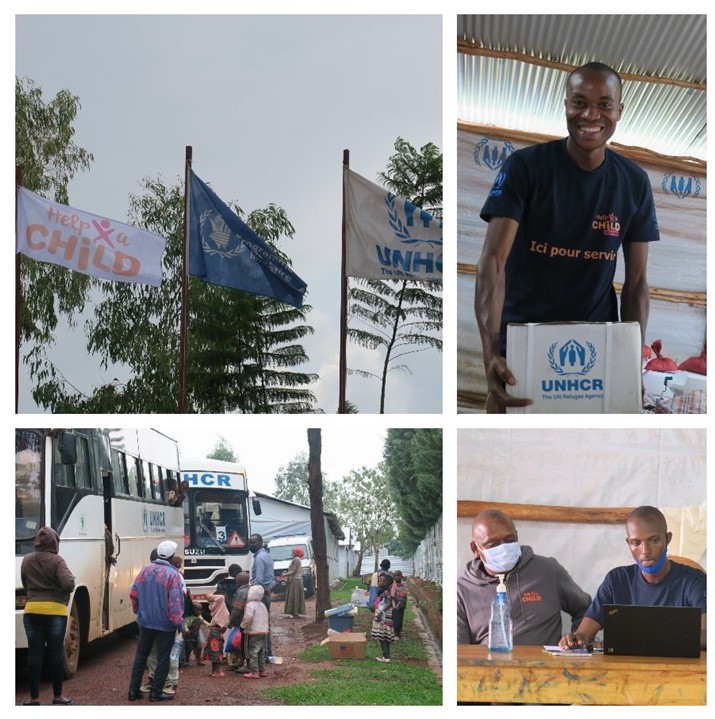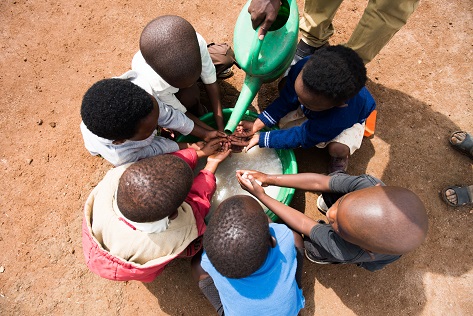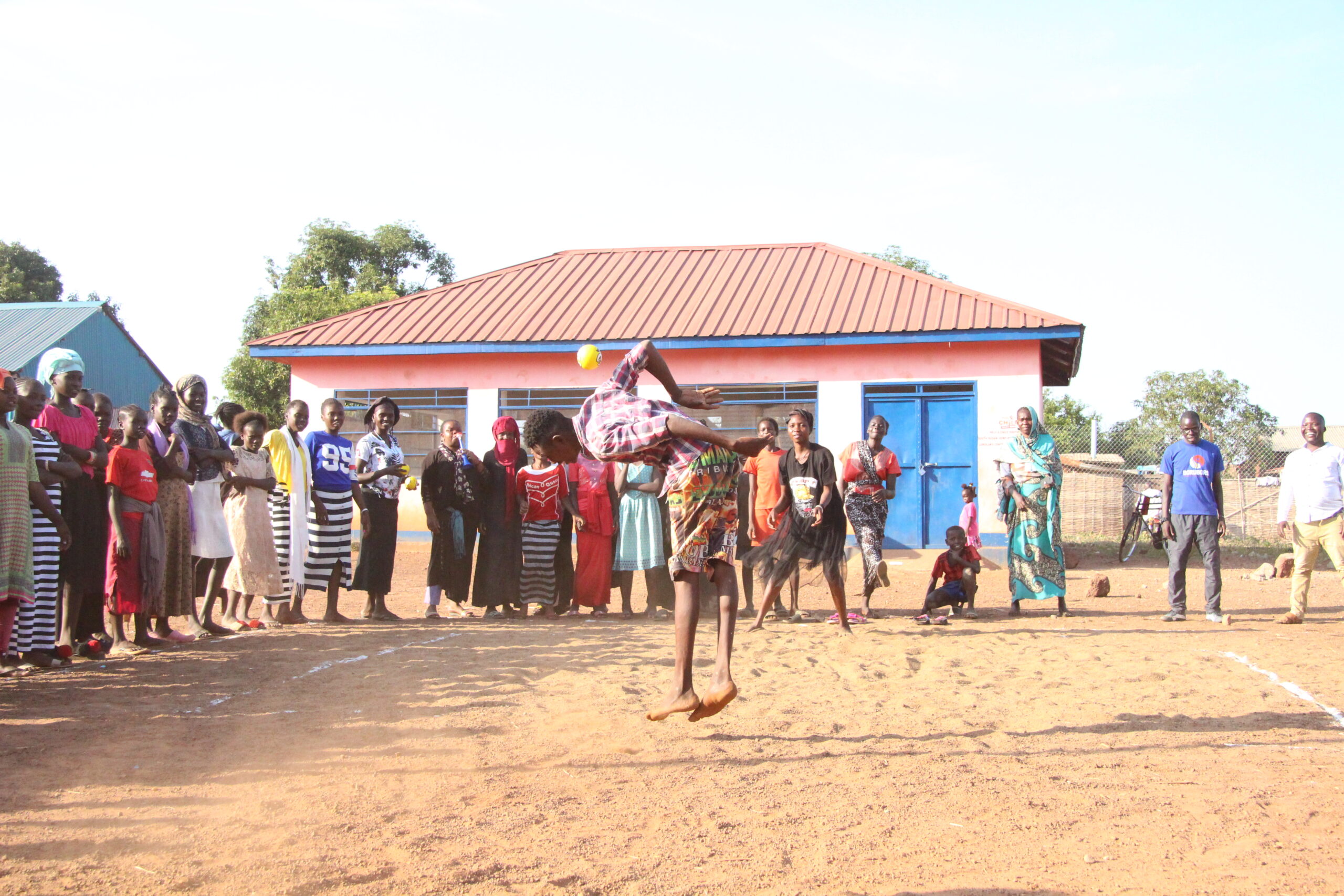‘Building Bridges in Burundi’ is a programme of the Consortium Help a Child, Cord, AFSC
and Mensen met een Missie, in which young people are central to mitigating armed conflict
and instability in Burundi. This programme has qualified as a finalist in the World Justice
Challenge 2022. The results of the programme show that young people are able to bring
positive change in a protracted and seemingly hopeless conflict.
A strong bridge
A strong bridge isn’t built in a day. The same goes for bridging social differences and mistrust
in a torn society like Burundi. Broken trust, lack of economic opportunities,
transgenerational trauma and a justice system deeply affected by reprisals, corruption and
civil war. This is the challenging context faced by young Burundians looking to build a
livelihood, a future. Building Bridges in Burundi (BBB) has offered these young people a
multidimensional approach to overcoming these barriers. BBB is funded by ‘Addressing Root
Causes’, a fund of the Dutch Ministry of Foreign Affairs, with the aim of mitigating the root
causes of conflict and instability in Burundi.
Conflicts span generations
Self-Help Groups were the starting point of BBB. Clement Nkubizi, Country Director Help a
Child Burundi, says: “By bringing together youth from different backgrounds in Self-Help
Groups, they discovered that they faced the same problems. As a result, prejudices faded or
even disappeared. At the same time, they noticed that they were able to solve concrete
problems together, such as lack of income. Thanks to these groups, young Burundians have
started all kinds of activities, like beekeeping, barbershops, fish-breeding ponds and sewing
workshops.
The programme, which took place in six districts, has lowered the barriers to justice and
reconciliation in several ways. This was done, among other things, by strengthening informal
justice and reconciliation through village elders and churches. In addition, committees were
set up and supervised to help strengthen good governance. Also, mediators were trained
who could assist people in resolving conflicts that sometimes span generations.
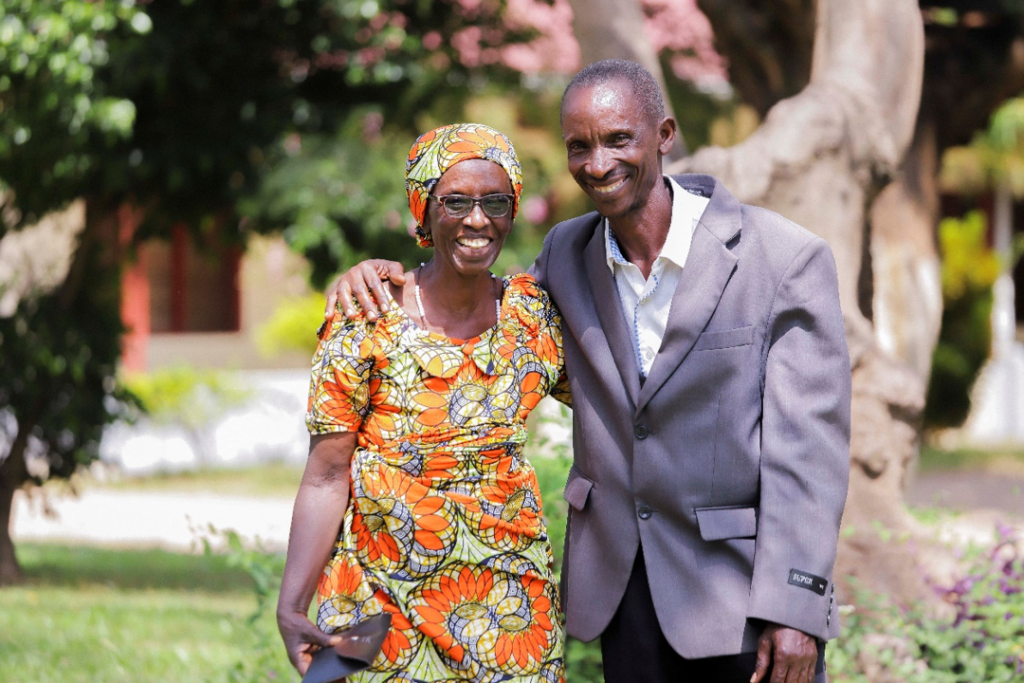
Increased confidence
The five-year programme ended in December 2021. In these five years, over 10,000
applications for legal support in conflicts have been received by the trained mediators. More
than half of those cases have now been resolved. Other cases have been transferred to the
formal legal system. External research shows that the confidence of the population in formal
and informal forms of justice has increased in more than 90% of the cases. Also, 84% of the
BBB participants indicated that violent conflict in their environment has decreased. Due to
the socio-economic activities in the Self-Help Groups, the average income of young people
has increased sixfold.
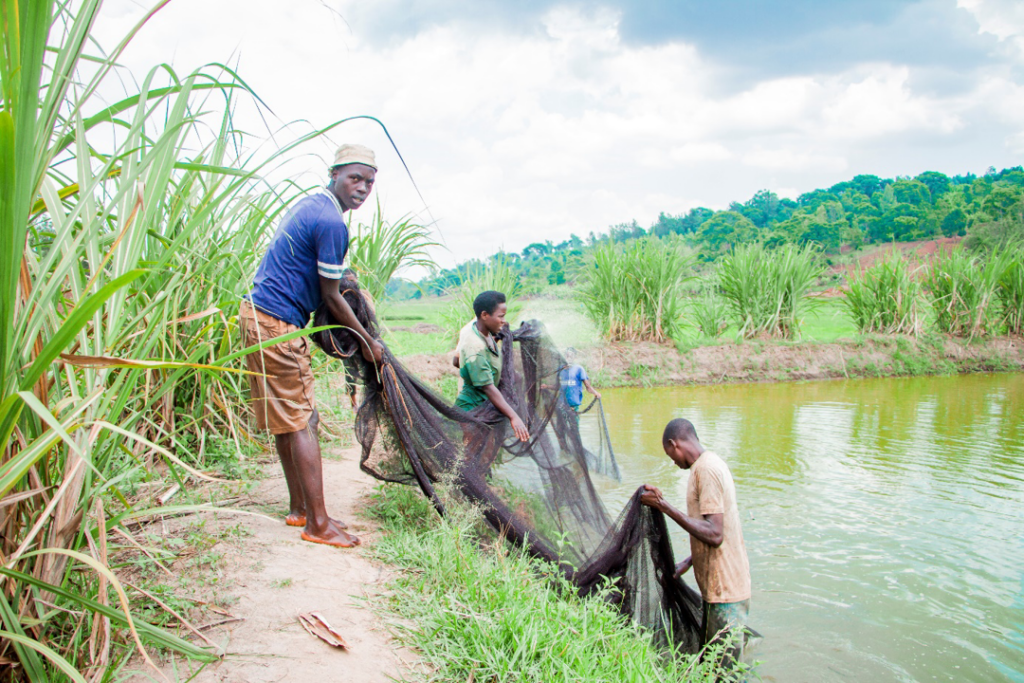
Choosing unity over division
The testimonials of young people show the impact of BBB on a personal level. One of the
youth recalls: “Before BBB, I hated anyone of this other ethnicity, following the painful
experiences of my family in the past. When I started to participate in the BBB programme,
everything really changed in me. I have given myself the job of challenging my friends’
convictions as they still see things as I saw them in the past.”
Clement Nkubizi: “I well remember that I visited the village of Kayogoro, Makamba. It was
shortly after the elections, which is always a very turbulent time in our country. The whole
conflict then flares up again and, especially among young people, riots and armed fights
easily break out. I got into a conversation with a local government officer. He said he was
shocked by the fact that there was no unrest anymore among young people in the village.
Under a large prominent tree, the young people were now working on their business
together. Previously, they would visit each other here to stir unrest and riot. He could hardly
believe that this situation could change so much. For me personally, this story, as well as the
many other testimonies I’ve heard and seen, means that there is hope even in the most
hopeless situation. Our country can recover if we choose unity over division.”
World Justice Challenge
Out of 305 entries from 118 countries, the inspiring BBB programme has qualified as one of
thirty finalists in the World Justice Challenge. A leading jury of lawyers, journalists, experts
and politicians will select the five winning initiatives. The competition is part of the World
Justice Forum, which will take place in The Hague from May 31 to June 2 2022.
More information
Building Bridges in Burundi: www.helpachild.org/bbb
World Justice Challenge: World Justice Challenge 2022 | World Justice Project
World Justice Forum: World Justice Forum 2022 | World Justice Project
